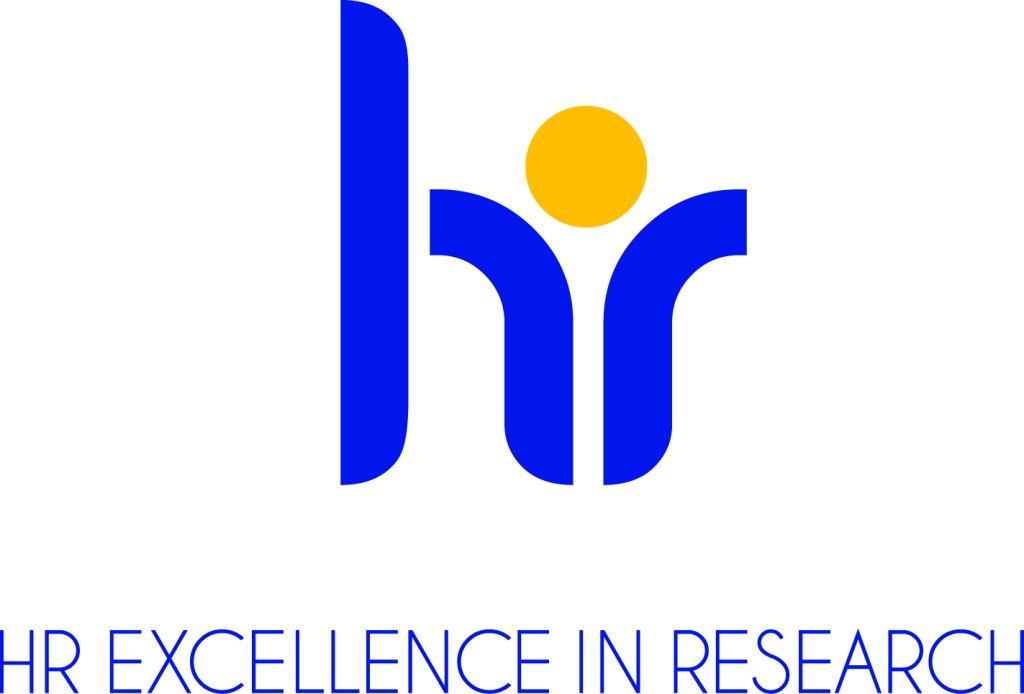Copernican Astronomy in Shakespeare’s London
02.05.2023 | 02.05.2023
Dr. Barbara Bienias talks about the latest research conducted at the Institute for the History of Science of the Polish Academy of Sciences in Warsaw under the supervision of Prof. Jarosław Włodarczyk on the early reception of Nicolaus Copernicus’s heliocentric theory in England in Shakespeare’s time. The story revolves around the figure of Edward Gresham (1565–1613) – an English astrologer, physician, and almanac-maker who, in the treatise Astrostereon (1603), openly supports the heliocentric worldview, denies the existence of solid celestial spheres, discusses the physical features of planets, describes the occultation of stars by planets, and lays the foundations for lunar astronomy several years before Johannes Kepler. This unusual – and so far little-known – manuscript source is discussed in the context of the popularization of new astronomical theories in England in the 16th and 17th centuries, taking into account astrological almanacs and prognostications of that period.
The lecture is part of the series “Nicolaus Copernicus in the Culture of Remembrance”, which accompanies the World Copernican Congress. The series was devised by the Centre for Copernican Studies of the Nicolaus Copernicus University in Toruń and the Copernican Library. Other lectures in the series can be found here.
For more information about the Congress and accompanying events visit:
Facebook: https://www.facebook.com/SwiatowyKongresKopernikanski
LinkedIn: https://www.linkedin.com/company/swiatowy-kongres-kopernikanski-world-copernican-congress
YouTube: https://www.youtube.com/@swiatowykongreskopernikanski


 Back
Back
